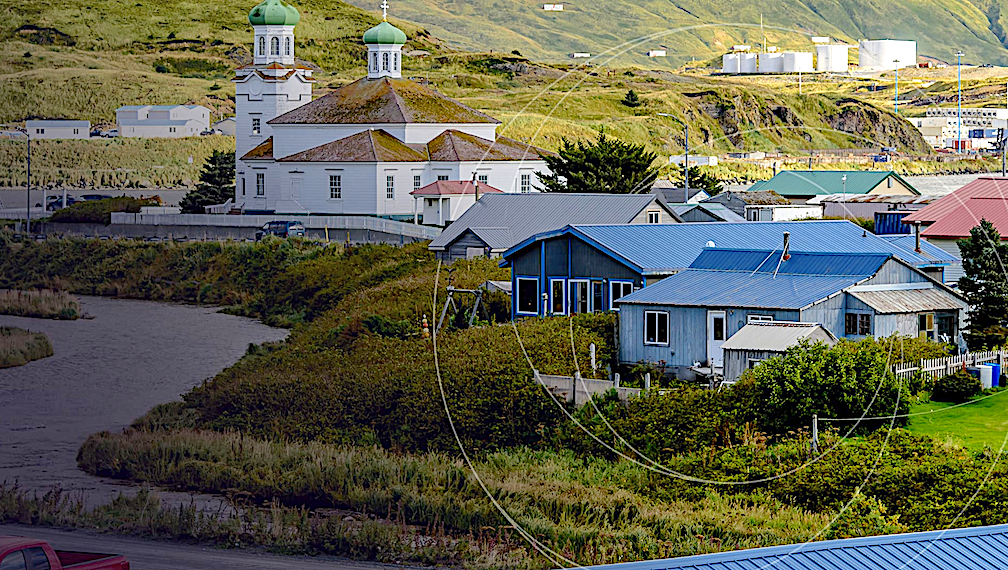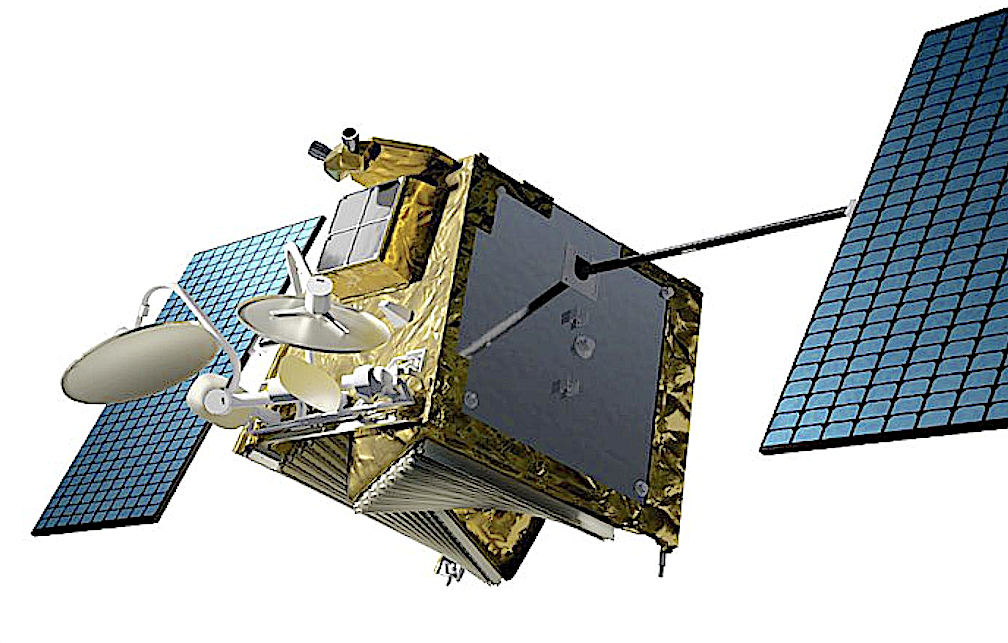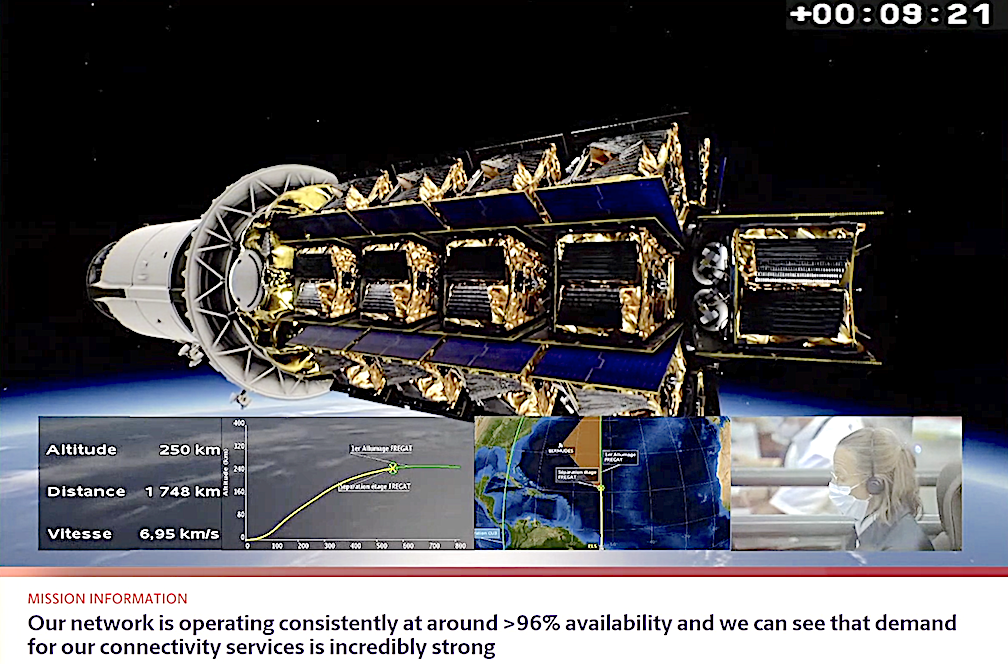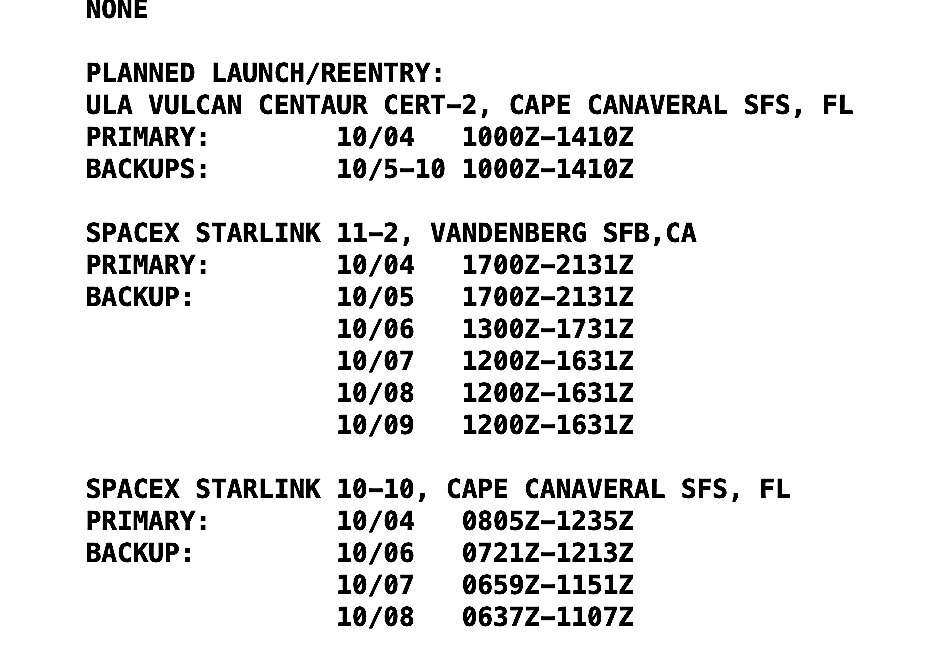
A batch of 20 microsatellites for the OneWeb satellite constellation, which is intended to provide global internet broadband service for individual consumers, is scheduled to launch on Saturday (local time) from Space Launch Complex 4E at Vandenberg SFB, California, at 10:09 PM – 10:48 PM PDT, or for those on the east coast, Sunday October 21 at 1:09 – 3:48 AM.

The constellation is planned to have around 648 microsatellites (of which 60 are spares), around 150 kg each, operating in Ku-band from low Earth orbit.

The base has witnessed the launch of 161 rockets, including 161 orbital launch attempts, while Vandenberg SFB, California, has been the site for 773 rocket launches.
The constellation is intended to provide global Internet broadband service for individual consumers. The constellation is planned to have around 648 microsatellites (of which 60 are spares), around 150 kg each, operating in Ku-band from low Earth orbit. The route is Polar Orbit at a cost of $52,000,000.
The Booster B1082, a Falcon 9 Block 5 booster, last launched August 4, and has seen 6 successful launches and landings.
SpaceX resolves mishap moves Starlink launch into OneWeb 20 slot postponing OneWeb

A batch of 20 microsatellites for the OneWeb satellite constellation, which is intended to provide global Internet broadband service for individual consumers, was scheduled to launch on Tuesday, October 8 from Cape Canaveral Space Force Station in Florida at 11:49 PM – 12:23 AM PDT however as of October 1 the FAA schedule indicates otherwise.
The original launch date was delayed due to Falcon 9’s second stage problem after the Crew-9 launch. Whenever the launch occurs it will be the final batch of OneWeb’s Gen 1 satellites to low Earth orbit.

SpaceX postpones Monday’s OneWeb satellite constellation launch due to a booster mishap after Crew-9 launch — to resume after “we better understand root cause”

The launch of a SpaceX Falcon 9 rocket to send up 20 microsatellites for the OneWeb satellite constellation from Vandenberg Space Force Base, originally planned for late Sunday night, has been postponed due to a mishap that occurred Saturday with the landing of a second stage booster associated with the Crew 9 mission from Cape Canaveral Space Force Station in Florida. The launch will be no earlier than Tuesday, October 1, according to base officials. SpaceX plans to resume launching after “we better understand root cause.”
The East Coast mission was considered a success, but SpaceX officials reported that Falcon 9’s second stage was disposed of in the ocean as planned, but experienced an off-nominal deorbit burn.
As a result, the second stage safely landed in the ocean, but outside of the targeted area, the aerospace company said.

The forecast calls for a temperature of 65°F, clear skies, 1% cloud cover and a wind speed of 8mph.
The constellation is intended to provide global Internet broadband service for individual consumers. The constellation is planned to have around 648 microsatellites (of which 60 are spares), around 150 kg each, operating in Ku-band from low Earth orbit. The route is Polar Orbit at a cost of $52,000,000.
The Booster B1082 last launched 08/04/2024 and has seen 6 successful launches and landings. Falcon 9 Block 5 booster.
